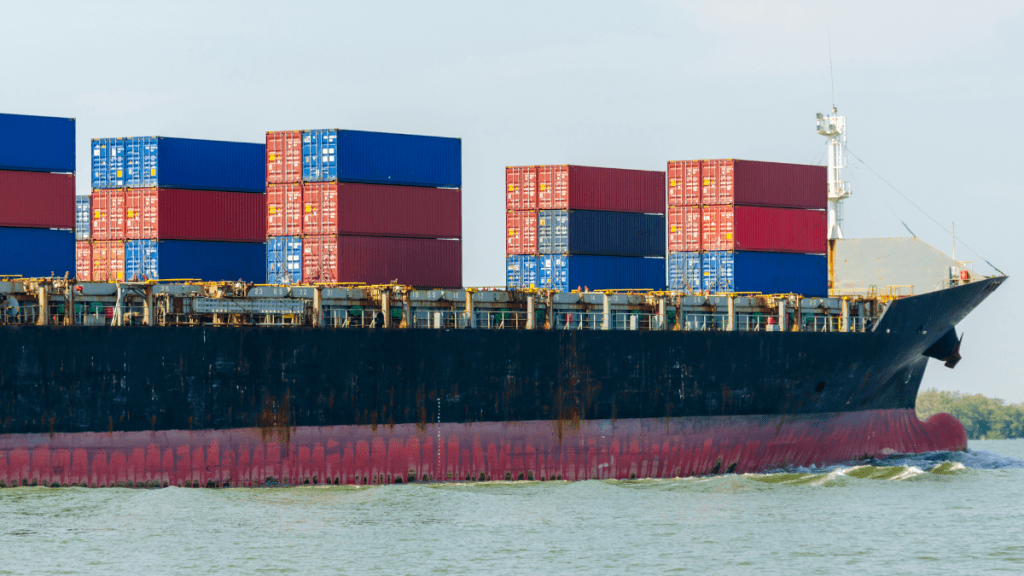India’s exporters in a recent meeting with Prime Minister Narendra Modi have asked for support that will help mitigate the adverse fallout of extra tariffs that their shipments to the US face, when compared to main competitors.
While Indian exports to the US are subject to 50% extra tariffs, competitors pay around 20%. The 30% extra that Indian exporters have to pay is what is hurting shipments to the US. In the meeting with the PM on Monday, the exporters offered to bear 15% of the extra tariff and requested the government to take steps to blunt the impact of the balance 15%.
They suggested that the Interest Equalisation Scheme (IES) be reintroduced. This, they said, would reduce the cost of credit and make Indian products more competitive. There was also a demand for automating the Goods and Services Tax refund of inverted duty structure in their sectors.
Apart from issues of immediate interest, exporters also raised longer term issues like more focus on skilling, reducing costs of raw material and reducing incidence of inverted duty structure.
Suggestions from the exporters also came on the ongoing trade negotiations with the US. The exporters said that any deal that gets signed must not leave out any products of export interest to India. Even the tariffs imposed under Section 232 of National Security law by the US on products like steel, aluminium, pharma, auto parts and copper must be negotiated in the trade pact to bring these duties down.
More liberal support was requested for the Market Access Initiative (MAI) that funds activities like market studies, participation in trade fairs, statutory compliance, and marketing projects to help exporters access new markets and increase their share in existing ones.
Sector specific support was also asked for. Some export promotion councils sought support beyond interest subsidy to reduce the credit burden, including more time for repayment of loans.
The sectors that were called for a meeting included apparel and garments, leather, engineering, marine products, handicrafts, and gems and jewellery. These sectors are also large employers and hit the maximum by the US tariff action..
The 56th GST Council meeting had decided on implementation of the revised system of grant of 90% provisional refunds arising out of Inverted Duty structure on the basis of data analysis and risk evaluation done by the system, as in the case of risk based provisional refunds on account of zero-rated supplies.
The meeting that was held late on Monday also saw the participation of Finance Minister Nirmala Sitharaman, Commerce and Industry Minister Piyush Goyal and top officials from the Prime Minister’s office and related ministries.
Cabinet Secretary, secretaries from all departments under the Ministry of Finance, Commerce Secretary, Secretary in the Department for Promotion of Industry and Internal Trade, Secretary in the Ministry of Micro Small and Medium Enterprises (MSME) were present at the meeting that went on for two hours.
September was the first full month when the 50% extra tariffs by the US were in force. This led to a 12% decline in merchandise exports to the US to $ 5.5 billion. According to commerce ministry data exports of gems and jewellery to the US have taken a maximum hit, contracting over 70% on year in September. Exports of cotton fabrics and garments declining 36%, marine products 26% and readymade garments 25%
To deal with the situation the government has held numerous meetings with the exporters. The work on the Export Promotion Mission (EPM) – announced in the budget this year – is nearing completion. It is expected to be approved by the cabinet in coming weeks.
Apart from the mission that will take care of export promotion and some of the financing needs of exporters, Another proposal that is being considered is the return of interest subvention scheme for small and medium exporters.
The Centre may also launch a credit guarantee scheme for small and medium exporters for loans up to Rs 100 crore. This new scheme exporters could be on the lines of the common Mutual Credit Guarantee Scheme (MCGS) for MSMEs launched earlier this year for the manufacturing sector.
